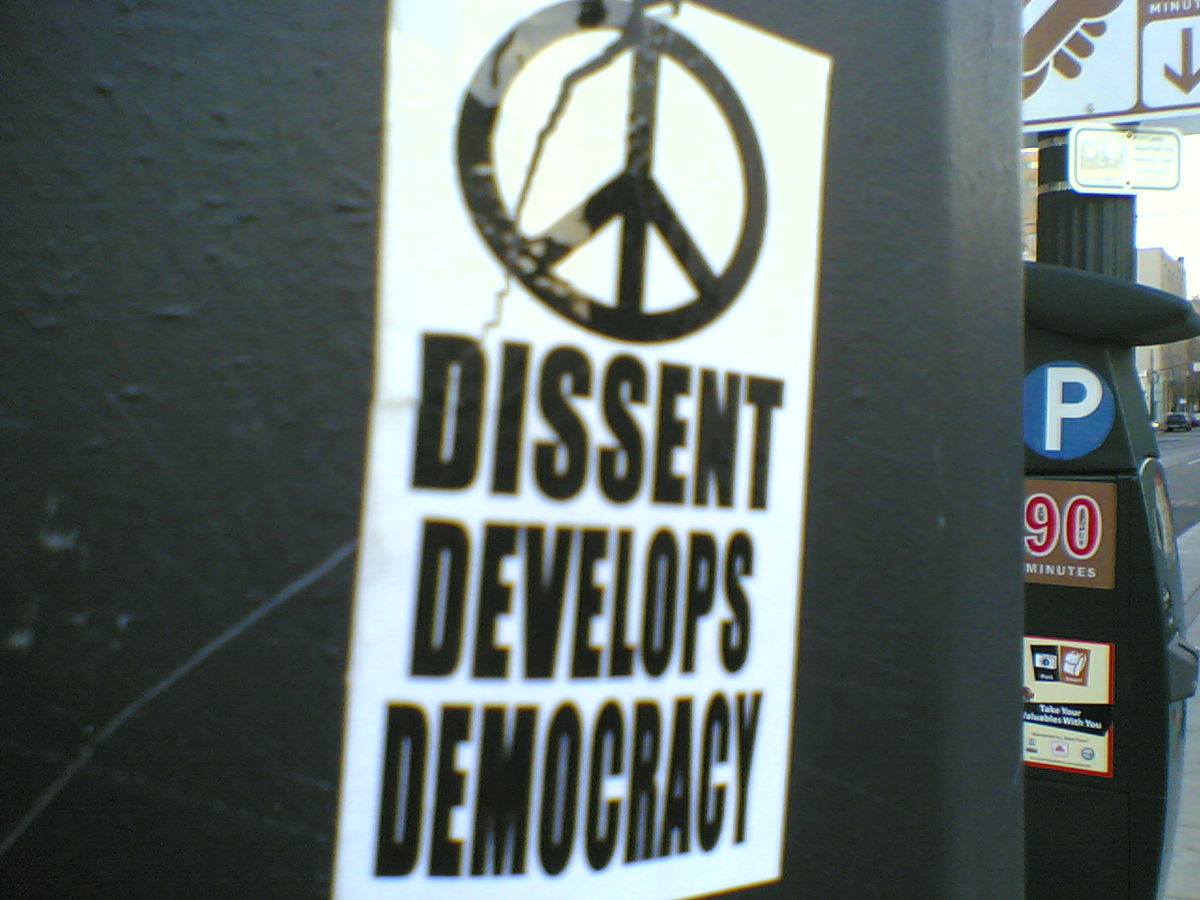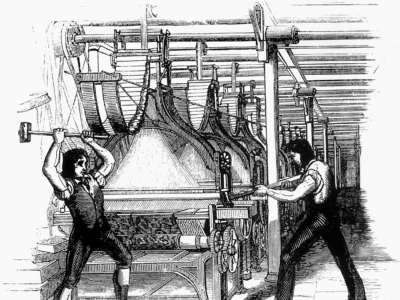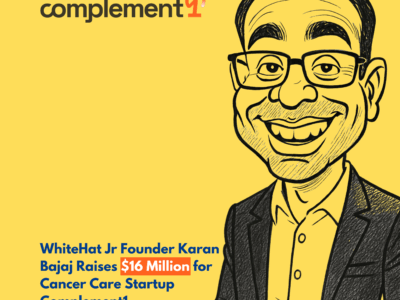“In a democracy dissent is an act of faith. Like medicine, the test of its value is not its taste but its effects, not how it makes people feel at the moment, but how it inspires them to act thereafter. Criticism may embarrass the country’s leaders in the short run but strengthen their hand in the long run; it may destroy a consensus on policy while expressing a consensus of values. Woodrow Wilson once said that there was “such a thing as being too proud to fight;” there is also, or ought to be, such a thing as being too confident to conform, too strong to be silent in the face of apparent error. Criticism, in short, is more than a right; it is an act of patriotism, a higher form of patriotism, I believe, than the familiar rituals of national adulation.” ~ J. William Fulbright, American politician and U.S. Senator (1905-1995)
Today, I had an interesting conversation with a friend who asked me how I could support the current party in power in Maharashtra when it was forming the government, while still protesting about the government-thus-formed’s bad decisions, perceived paralysis & inaction, obvious inexperience, and definite heavy-handedness. He asked me point blank, and a little innocently, if I see myself as a professional complainer.
He has a point, you see.
And when the BJP swept everything before it, I was opposed to their dishonest intent, their communalism, their anti/pseudo-science, their fake history-mythology mixup, their obscurantism, their xenophobia, their corruption, their quick but stupid decisions, their pandering to the basest instincts, their disenfranchisement of huge swathes of citizens, their lack of empathy, their obsession with optics, their inferiority complex, and so on.
In the future, when the INC comes back in power (don’t be shocked…I am not making a snarky point…merely stating the obvious…nothing lasts), you will find me holding them to account, challenging every decision of theirs, comparing them unfavourably with their predecessors, and viewing them with cynicism, even mocking them.
 If this is what you are asking, I am afraid you haven’t understood me at all. I am not a professional dissenter or pessimist. I am simply following the duty as a citizen in a free democracy: My default setting is “Opposition”. My default lens of looking at anyone in power is “Distrust”. My default view is “Scepticism.”
If this is what you are asking, I am afraid you haven’t understood me at all. I am not a professional dissenter or pessimist. I am simply following the duty as a citizen in a free democracy: My default setting is “Opposition”. My default lens of looking at anyone in power is “Distrust”. My default view is “Scepticism.”And that’s actually very healthy for the relationship between my government and me. Trust me.
Why is that? Many in my circle may be surprised if they hear that the Constitution of a democratic republic (not just India, ANY democratic republic), the legislature and the courts of such a nation, and of course, the media, are all meant to protect the citizen from the government in power. The only arm of the government that is meant to serve and not oppose them is the executive. But it is neither surprising nor a novel way of looking at the relationship between you and your government. It is obvious. For those who care to look.
Try it. You have nothing to lose but your (psychological) chains.



















Loved reading this Kedar.
Couldn't agree more.
Keep writing.